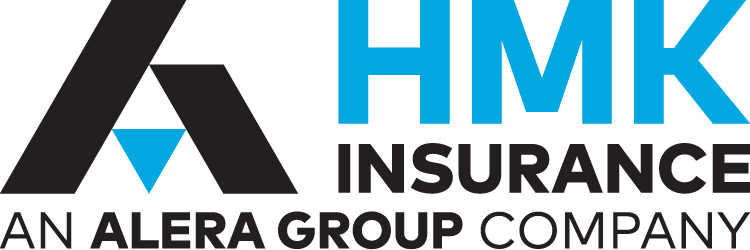 As a business owner, you are charged with the safety of your employees in the scope of their work. You do your best to build a team you can rely on and educate with safety training. You purchase Workers’ Compensation insurance which is intended to cover your employees when they are sick or injured from a work-related cause. You never imagine you will find yourself dealing with an accident or claim that just does not seem to be adding up. Workers’ Compensation fraud can be committed by employers, employees, and health care providers. In this article, we will focus on identifying fraud committed by employees, so you are able to protect your business from erroneous claims.
As a business owner, you are charged with the safety of your employees in the scope of their work. You do your best to build a team you can rely on and educate with safety training. You purchase Workers’ Compensation insurance which is intended to cover your employees when they are sick or injured from a work-related cause. You never imagine you will find yourself dealing with an accident or claim that just does not seem to be adding up. Workers’ Compensation fraud can be committed by employers, employees, and health care providers. In this article, we will focus on identifying fraud committed by employees, so you are able to protect your business from erroneous claims.
First, it is important to identify the most common types of Workers’ Compensation fraud committed by employees:
- Injury never happened.
- Injury occurs during the weekend or outside of work hours but is later staged as if it occurred on work time.
- Employee fails to return to work when they are capable and continues to collect Workers’ Compensation benefits.
- Employee continues to work while collecting Workers’ Compensation benefits. For example, an employee gets paid under the table for operating a piece of equipment at someone else’s jobsite.
- Exaggerating an injury to make it sound worse than it is. For example, an employee reports a severe back injury but is later seen lifting weights at a gym.
Employee Workers’ Compensation fraud can be costly for employers when left unidentified. It can affect all levels of an organization including higher costs to the employer in increased insurance premiums and penalties, added responsibilities to employees to make up for an absent “injured” worker, and a decrease in company bonuses or raises due to increased costs to the company. While total prevention of employee fraud may not be possible, an employer can take action to reduce it.
Below we outline actions you as employers can take to reduce fraudulent Workers’ Compensation claims:
- Educate employees on what workers’ compensation is and the intended purpose for the coverage.
- Require and perform pre-health exams.
- Require drug testing for employment. Include random testing throughout the year and post-accident drug testing as well.
- Hire trustworthy people. During the hiring process, require background checks, social media checks and order MVR’s (Motor Vehicle Records).
- Have an up-to-date Employee Handbook with Workers Comp instructions on how to file a claim.
- Be consistent with all procedures. What is allowed for one employee should be allowed for everyone. For example, allowing your employees the option for part-time or attending a doctor’s appointment without docking the time.
- If something does not feel right about the circumstances of the claim or injury, tell the insurance carrier up front so the claim can be investigated thoroughly.
Employers have the power to curb the probability of employee Workers’ Compensation fraud by creating an atmosphere of support, accountability, and knowledge. It is vital to also educate yourself as an employer on all the signs of workers’ compensation fraud and how to react. Remember, you have the HMK Insurance Claims Advocacy and Risk Management departments behind you to assist in all claim handling and claim prevention needs.
DID You Know!
- An employee has 120 days to report a claim to his employer. (PA Workers’ Comp Act)
- Employee must treat with a Panel doctor for the first 90 days.
- Injury must be reported ASAP to the insurance carrier as they only have 21 days from notification to accept or reject a claim.
- Trauma care cost cannot be discounted under the Workers’ Comp Act.
- Employee reminders are one of the most effective ways to ensure proper claim reporting:
- Put Workers’ Comp reminders in your newsletter.
- Remind workers during your safety meetings.
- Keep Workers’ Comp materials for claim reporting at every jobsite including the Panel for care.

Susan Hartranft-Bittinger
Claims Manager





